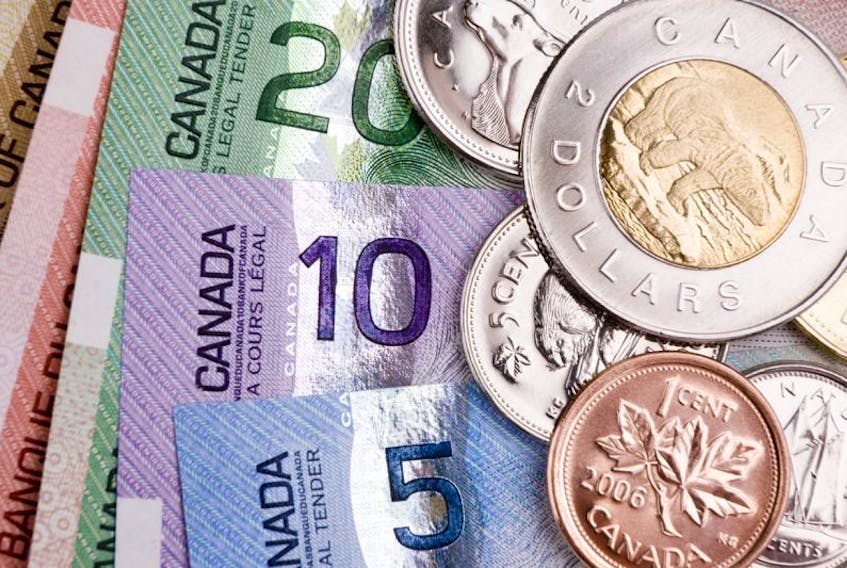By Mary Shortall
As David Maher’s Aug. 2 Telegram article stated, there has been a renewed debate about the merits of increasing Newfoundland and Labrador’s minimum wage to $15.
Business, with their usual fierce resistance, attribute higher unemployment rates, business failure, and young people working for pocket money as the rationale for keeping workers below the poverty line.
CommonFrontNL claims that raising the minimum wage will benefit workers, especially women, their families, businesses and the economy.
The Newfoundland and Labrador Federation of Labour (NLFL) agrees in the urgency of incrementally increasing N.L.’s minimum wage to $15.

They believe that reaching $15/hour is only the beginning of a long discussion about what constitutes a living wage in N.L.
Furthermore, the NLFL advocates for a complete overhaul of a very outdated “Employment Standards Act,” and will be asking for just that when they meet with the Labour Minister Bernard Davis.
Wage and gender inequality, poverty, and precarious employment are very real in N.L. They are key barriers to economic and social growth. The International Monetary Fund, the Conference Board of Canada, and economists around the world agree.
Economies that have the highest minimum wages in Canada are the same economies that lead in economic and employment growth.
The NLFL was outraged when the already too-low $11 minimum wage was increased only to inflation, locking workers into poverty forever.
N.L. will have the second lowest minimum wage in Canada by year’s end. We have the highest levels of poverty and the highest health-care costs.
There is a direct correlation between poverty and the social determinants of health. We know that poverty also has an impact on education, justice, as well as mental and physical well-being of citizens.
Almost 13,000 workers in N.L. earn minimum wage. Sixty-six per cent are women. Half of them are young workers. Most work full time, and 2/3 of them are permanent.
Even more startling is that 33 per cent of N.L. workers (70,000), earn less than $15. Sixty per cent are women over 20, and only 15 per cent are teens. This is an equality issue.
The biggest payers of minimum wage in N.L. are companies that employ more than 500 people. For most of them, their profits do not even stay in N.L.
There was no drop in the employment rate in 2006 when the minimum wage went to $10, despite all the fears.
Leading causes for business failure have nothing to do with minimum wages.
Wage and gender inequality, poverty, and precarious employment are very real in N.L. They are key barriers to economic and social growth.
Governments have many options for supporting small business – such as tying business tax to job creation, for example.
Consumers drive 55 per cent of the economy. It stands to reason that with more money in peoples’ pockets, more will be spent in the local economy.
Research tells us that low wage workers spend almost all their disposable income in the local economy. For N.L., that means $200 million annually into local restaurants, stores and other local businesses — a significant boost to local economies.
A tax credit as a substitute for a minimum wage increase is not the answer. For a full time, minimum wage worker, a $1,000 tax credit does nothing to lift them out of poverty. Also, many low wage workers don’t even earn enough to pay taxes, let alone claim a tax credit.
More importantly, why should taxpayers subsidize business in this way?
As the economy continues to struggle, perhaps government can look at doing something new and bold; tried and true. A real way forward. Something that brings equality and fairness to the thousands of workers in N.L. who can’t lift themselves out of poverty.
If we truly want to be the province where people come, live, work and play – then let’s take the lead, and raise minimum wage to $15.
Mary Shortall is the president of the Newfoundland and Labrador Federation of Labour. She writes from St. John’s.
RELATED









